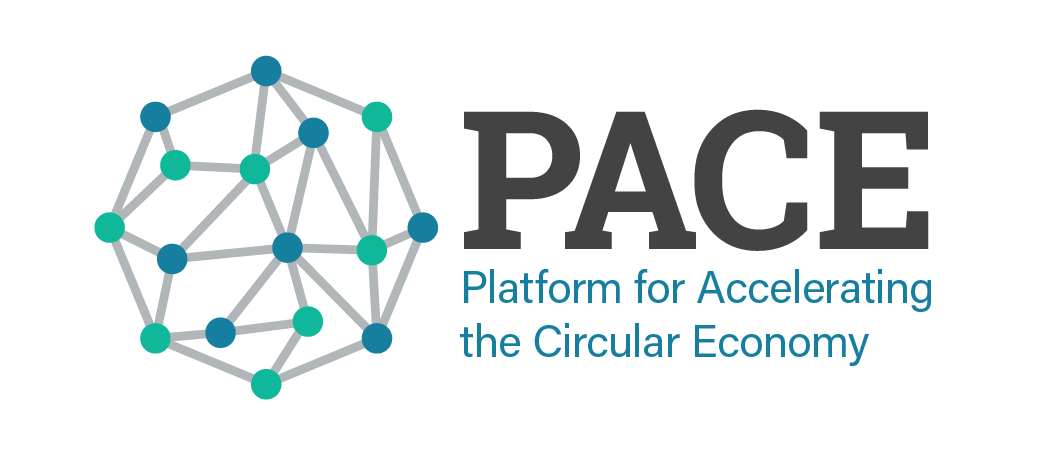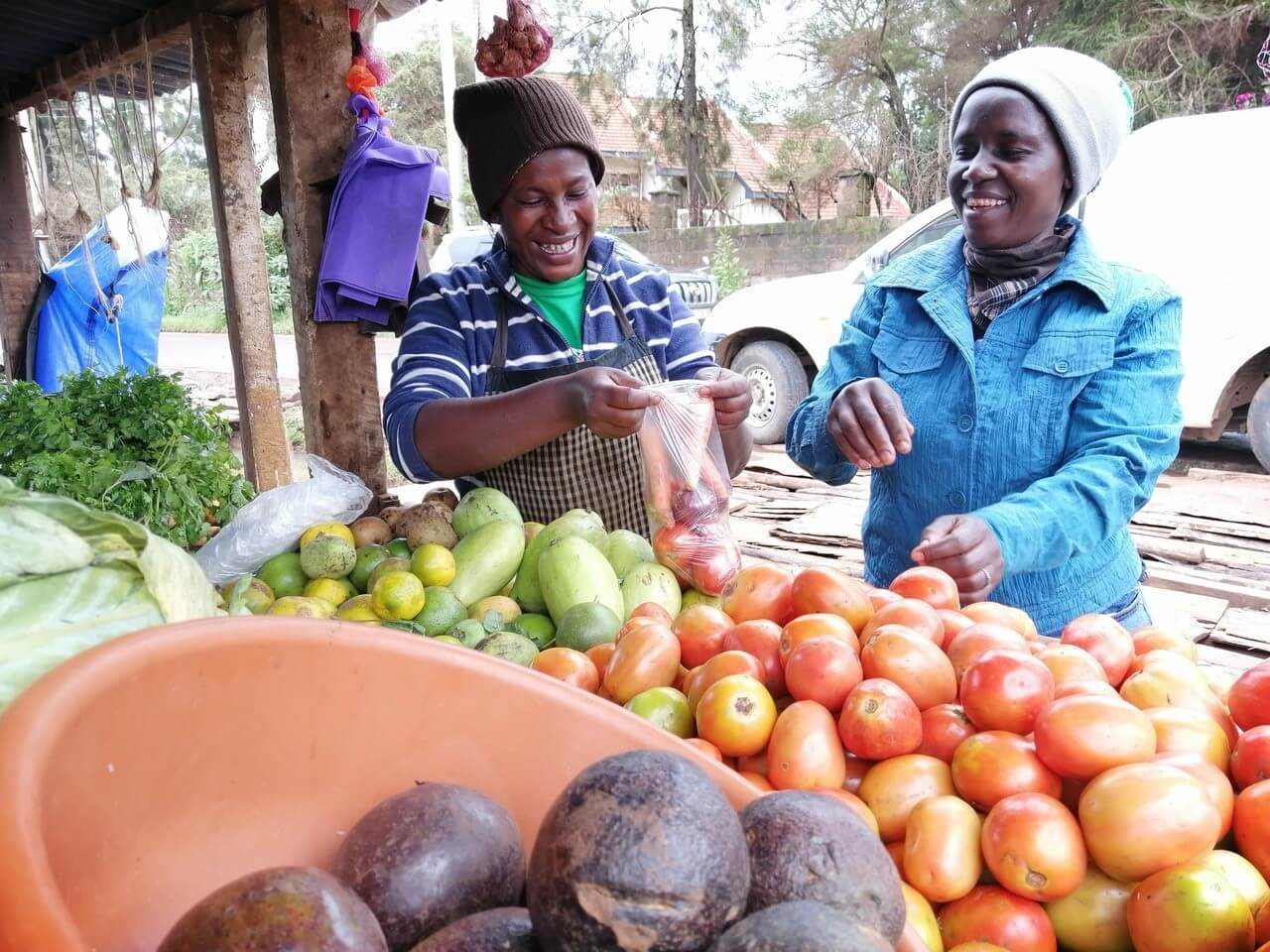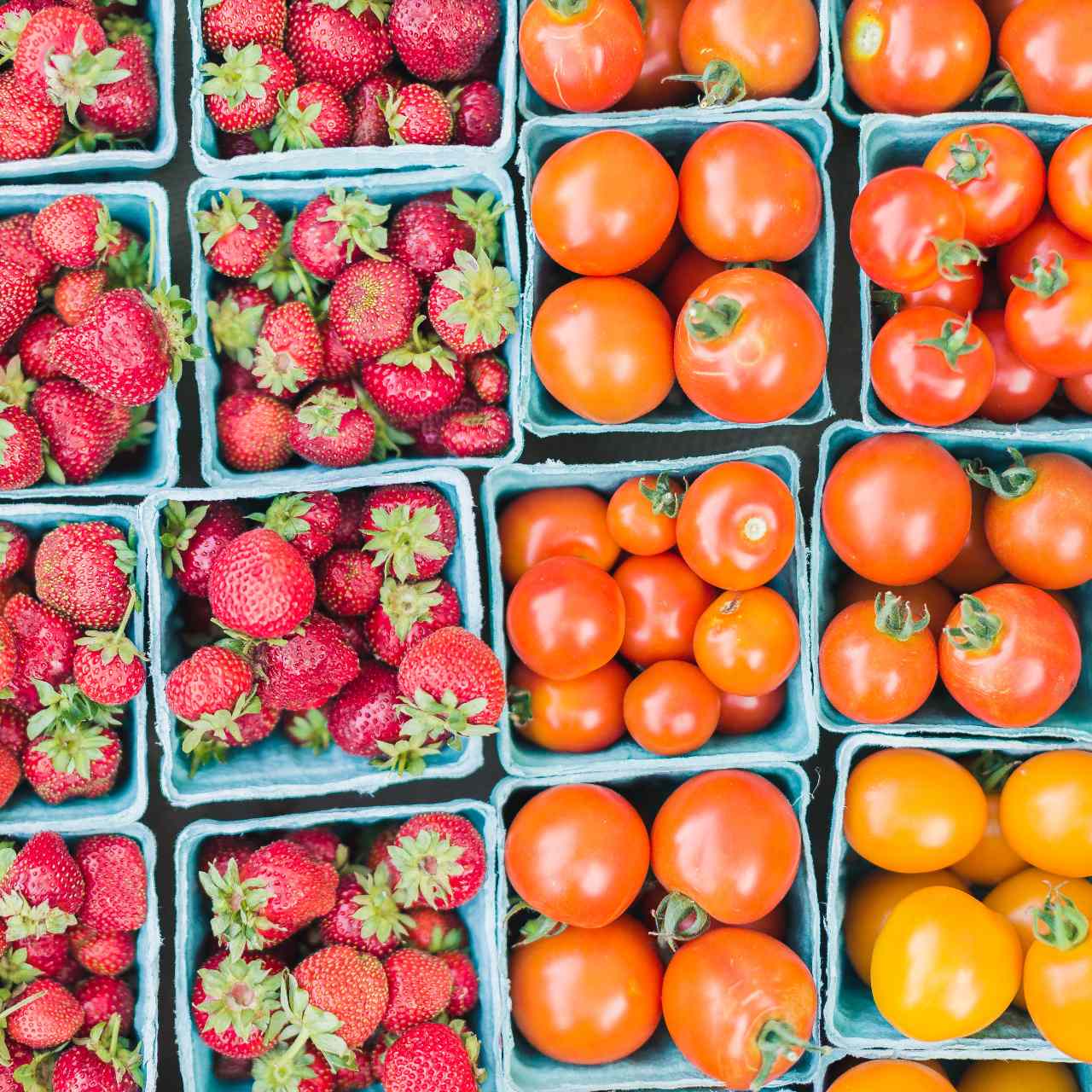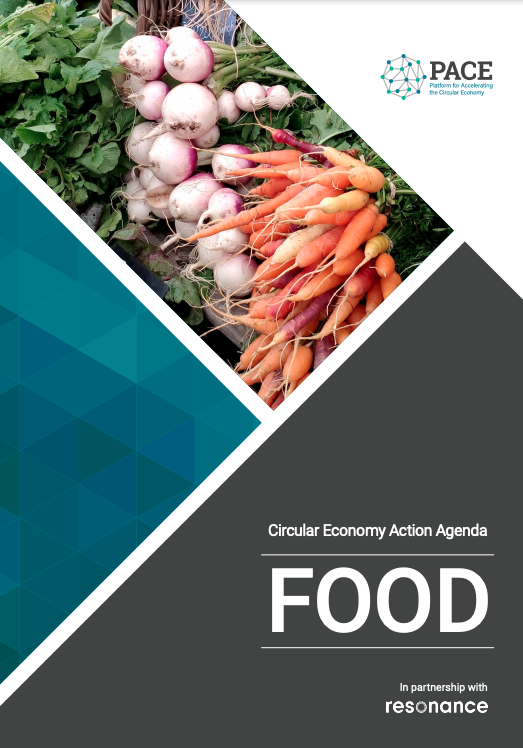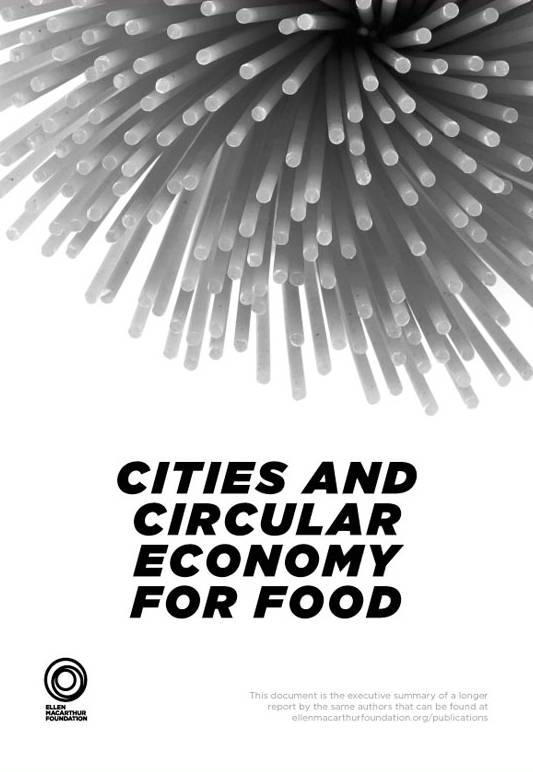Page TItle
Food
Subtitle
Programs build collaborative actions guided by the Action Agenda and informed by the PACE Community
Why is a circular economy for food important?
Food is fundamental to our health, environment, society, and economy. But the food system today is wasteful, resource intensive, and polluting. A third of food is lost or wasted. Food waste and byproducts are landfilled, incinerated, and left to rot. Meanwhile, 800 million people don’t have enough to eat. It’s simply not sustainable.
Building a circular economy for food is important if we want to support the global population of tomorrow, expected to be 9.7 billion by 2050. It’s time to work together to build a sustainable food system where the growing, eating, and disposal of food creates robust benefits for people, the economy, and the environment.
What could circularity for the food industry look like?
In a circular economy for food:
-
Food is produced in ways that regenerate nature
We must change what we grow and how we grow it. The industrialization of agriculture has led to over 75% of food coming from just 12 plants and five animal species. If we don't change this, the dangers to human health, and to the planet, cannot be overstated.
-
Food is not lost or wasted
We must reduce the vast amounts of food we currently lose at all stages from field to fork. If current levels of food loss and waste were a country, it would be the third largest greenhouse gas emitter in the world. By minimizing food loss and waste, we can make huge progress toward mitigating climate change.
-
Commonly wasted resources are used productively
Less than 2% of the valuable nutrients in food byproducts and waste are currently recycled. By using these as fertilizers, animal feed, or feedstock for e.g. textiles and plastics, we can drive new innovation, create new business opportunities, and lower environmental damages.
Where is action most needed for a transition to a circular economy for food?
To successfully transition to a circular economy for food, businesses, governments, and civil society must work together. These ten calls-to-action can help us accelerate the transition, and make it as impactful as possible.
1. Enable Transitions to Planetary Health Diets
We must change what we grow – towards a diet richer in fruits, vegetables and more diverse proteins.
2. Scale Productive and Regenerative Agriculture Practices
We must change how we grow our food – towards productive and regenerative agriculture practices such as agroforestry and permaculture.
3. Increase Value of Nature-Regenerative Food Production To Farmers
There must be incentives and rewards in place for farmers, so they are able to produce healthy and nutritious food while also being stewards of the land and environment.
4. Better Understand Hotspots of Food Loss and Waste
We must better understand where food is being lost and wasted, and how much it is costing us, so that we can create a better system to recycle and reuse.
5. Integrate Food Loss and Waste More Broadly in the SDG Agenda
Reducing food loss and waste has far-reaching effects on climate change and biodiversity, as well as driving down hunger rates, emissions, and economic losses for individual households.
6. Increase Investment in Food Loss and Waste Reduction
We must invest more in food loss and waste reduction. The costs are often hidden, but when businesses and individuals reduce their food waste, they save money and help save the planet.
7. Reframe Wasted Food and Byproducts as Valuable Resources
There are many productive uses for food waste, that also bring benefits to people and planet—for example, as fertilizer, plastic or textile feedstock, and animal feed.
8. Facilitate Secondary Market Development and Access
Increasing ease of access to other markets for excess, lower-quality food and byproducts will increase value chain resilience, keep materials in use longer, and even help direct food toward those who need it most.
9. Enable Sanitary Cycles for Human Waste
Human waste can be processed into a safe and clean fertilizer that can be applied to the soil. This reduces the need for synthetic fertilizers, while reducing soil, air, and water pollution and related diseases from human waste.
10. Increase Information Accessibility and Data Utilization
We must use data and information more fully to ensure traceable and transparent supply chains, and to help shift consumer behavior.
